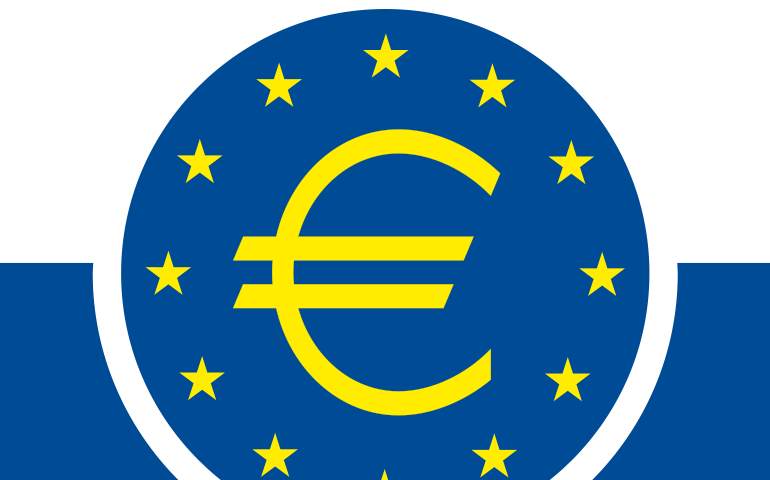"Aftermarket" culture is gaining momentum in Europe
 Johannes Röll
16 / January / 22
Visitors: 628
Johannes Röll
16 / January / 22
Visitors: 628
The economic crisis and climate change are favoring the second-hand market – 77 euros a month will be won in 2021 by those who sell their personal belongings.
The start was made by the young people of the flower season. Well-fed, but rebellious (by the way) for the excessive consumerism of the destitute children of the war, who were their dads and moms.
More than half a century later, “helping” the climate crisis and environmental propaganda, the children and grandchildren of the “flower children” have included the practice of “second use” of goods in their consumer culture. Be it clothing or furniture or electrical and electronic appliances and everyday items. Or, of course, for cars.
This is clearly about the "mature" markets of the West, where what (and from where) is consumed has long ceased to be an element of public recognition (except, of course, fluorescent exceptions).
In Europe, those who are used to selling their personal belongings for reuse earn an average of 77 euros per month, according to a survey by the Cetelem Observatory 2022. In the past 12 months, more than 60% of Europeans said they had sold at least one used product.
Youth Vanguard
In particular, 38% of respondents in a pan-European survey by the Cetelem observatory sold used goods "several times in the past year." 18% said they did it "a few times a month in 2021" while 6% said they did it "a few times every week a year". 38% of Europeans did not give away or sell their personal belongings to be reused by someone else.
Of course, it is not surprising that it is precisely those young people who are accustomed, some out of financial need, and others out of conviction (for resistance to hyper-consumerism), to give an opportunity for a second life to objects.
Of the 62% who sold or donated some of their personal items for reuse during 2021, 77% were between the ages of 18 and 34, 67% were between the ages of 35 and 49, while only 49% those concerned with buying and selling used goods were between the ages of 50 and 75 - alas, time wears out the nonconformity of the young, even the revolutionaries of the 60s and 70s.
Satisfied North
On average, Europeans earned 77 euros a month selling their personal belongings, the Cetelem observatory explains. Citizens of several European countries, however, had a much higher and considerable income every month from the sale of their personal belongings. At the top were the British with incomes of 95.7 pounds (115 euros) per month. It is followed by the Germans with 105 euros, the Danes with 670 crowns (90 euros) and the Norwegians with a monthly income of 871 crowns (87 euros).
On the other hand, the rating was based on Hungarians, Czechs and Slovaks with 27, 35 and 37 euros, respectively - details about other Europeans, including Greeks, the Zetel observatory does not provide. However, it is well known that the culture of "use" and recycling does not flourish at all in our country, even in the real estate market. This is unthinkable for the inhabitants of reverently preserved medieval northern European cities.
It seems that where poverty prevailed after the war, the icing of the new does not fade easily. The exception to this rule is, of course, the United States, where consumerism is a "religion" and all goods are considered "disposable" (extroverts and cosmopolitans of the east and west coasts are nothing more than a small and demonized, post-Trump, minority).
But what does the money received by those who sell their personal belongings do? Nearly one in two (44% to be exact) says they buy other products they need. A smaller percentage, 36%, say they save the money they receive. Finally, 10% admit that they spend the money they receive to buy items that cause pleasure without necessarily needing them, while the last 10% buy other products to sell them back at a higher price in order to make a profit!

Johannes Röll
Johannes Röll was born 1978 in Brilon,Germany. Graduated RWTH Aachen University. Over the past ten years he worked as Head of the plastic card team, where he was mainly responsible for the development of the distribution, Head of sales Department and Financial Analyst,where he got experience in planning and support sales figures for branches. For the present he works as freelancer






